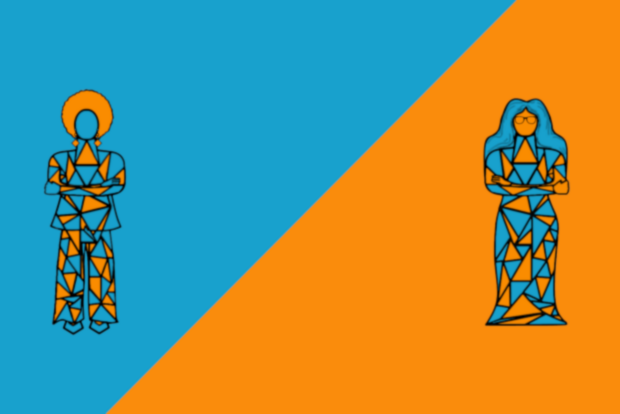Number of women and girls in conflict-affected countries doubles, UN report finds

More than 600 million women and girls lived in conflict-affected countries in 2022, a 50% increase since 2017, according to the UN’s latest report on women, peace and security.
One of the key recommendations of the annual report – which this year focuses on women’s participation in peacemaking efforts – is for the international community to ensure that at least a third of those involved in mediation and peace processes are women.
There is “ample evidence that women’s participation contributes to more robust democracies and longer-lasting peace”, the UN said.
The report puts a spotlight on the worsening global security and humanitarian situation and its impact on women and girls. For example, in Afghanistan, the Taliban have issued more than 50 edicts to suppress women’s rights, while the latest outbreak of fighting in Sudan has sparked widespread sexual violence in Darfur.
It also notes that events of political violence targeting women increased by 50% in conflict-affected countries between 2020 and 2022.
Read more: Breaking down the barriers: attracting women to male-dominated roles and professions
Sima Bahous, UN Women executive director, said deteriorating global security and associated negative trends are “setting back both gender equality and global peace”.
“However, this dire picture is not inevitable. We can reverse it by investing in women’s organisations in crisis settings, increasing the meaningful participation of women in mediation and peace processes, promoting parity in political and electoral processes, and using accountability tools to strengthen the protection of women in conflict-affected countries.”
An aspiration, not the norm
The report notes that nearly 25 years after the adoption of the UN Security Council’s resolution on women’s “full, equal and meaningful participation in building peace”, data shows this remains an aspiration rather than the norm.
While women participated in 80% of UN-led or -co-led peace processes, their numbers remained low, at around only 16% of total participants – a proportion that has decreased for the second year in a row.
The report highlighted that in addition to negotiating parties continuing to exclude women and women facing “entrenched barriers” to direct participation in peace and political processes, impunity for atrocities against women and girls is still prevalent and that while women’s organisations struggle to find resources, military spending continues to grow every year.
Read more: UN members see need for ramped-up progress on gender equality
The UN said that the “transformative potential” of measures such as the one-third target for women’s participation in peacemaking negotiations and similar would be “blunted… unless member states and other international organisations also use their political and financial capital and their level of influence to advance the women and peace and security agenda”.
“We know that gender equality multiplies and accelerates the drivers of human progress, economic growth, sustainable development and peace. It is therefore of grave concern that halfway to the end point of the 2030 Agenda for Sustainable Development, data shows that the world is failing to achieve gender equality. Not a single conflict-affected country is on track to achieve the goals relating to hunger, health or gender equality.”
‘Remaining hopeful’
Other recommendations outlined in the report – there are 15 in total – include member states contributing to the UN’s efforts to raise US$300m in new funding pledges for women’s organisations in crisis settings over the next three years; ensuring that national action plans on women and peace and security are budgeted and codified into national legislation where possible; allocating a minimum of 15% of official development assistance (ODA) to gender equality; and increasing support to elevate the voices of women from diverse backgrounds.
It also calls on countries to allocate a fixed proportion of the defence budget to supporting gender-responsive security sector reform, and for contributions to post-conflict reconstruction and recovery to prioritise public expenditure on vital services for women.
“If governments and international organisations follow the lead of the global women’s rights movement, irrepressible and undeterred by either backlash or setbacks, we can remain hopeful of seeing a radical change in direction,” the UN said.
Read more: UN calls on countries to include women’s reproductive health in climate plans























